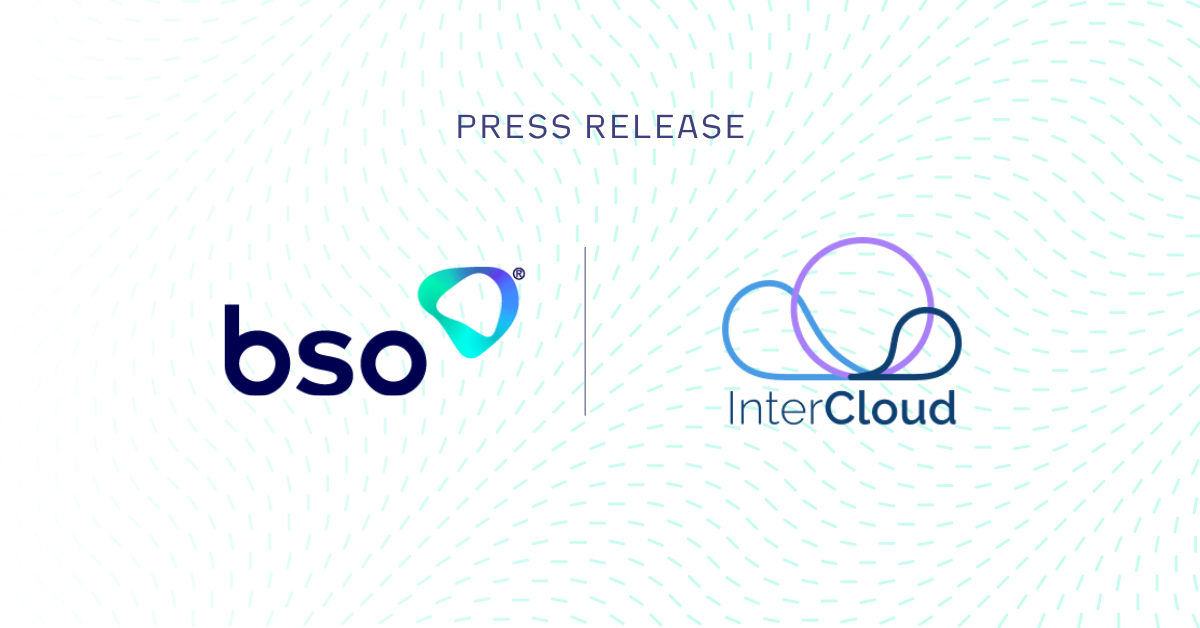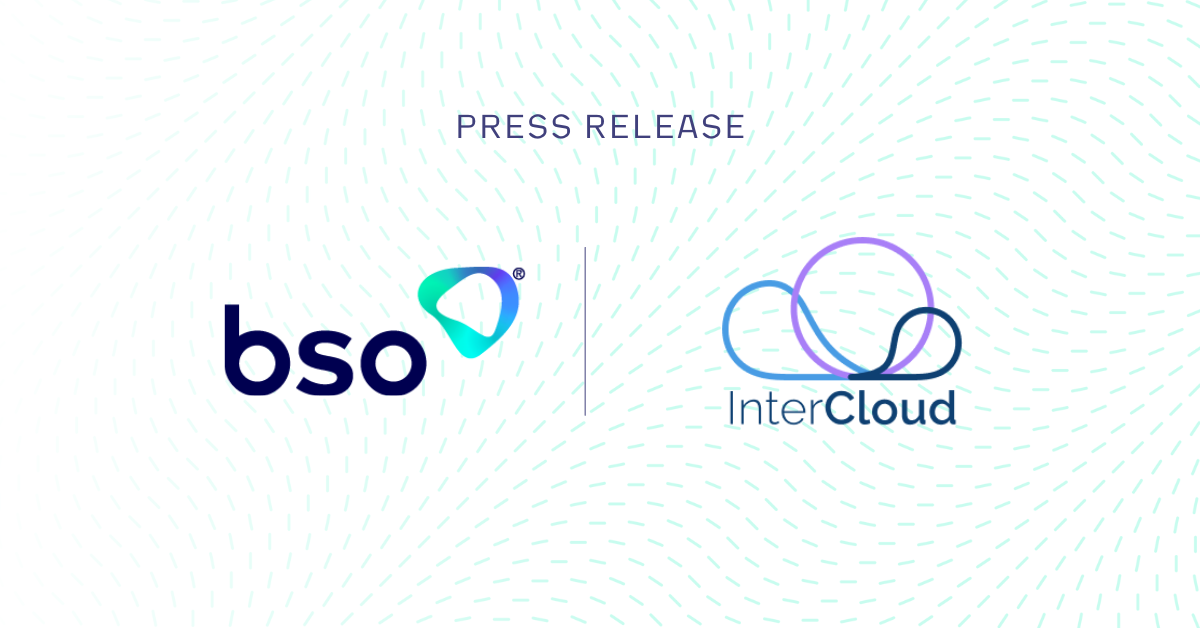
Colocation hosting allows businesses to rent space in a data centre to house their own servers, computing infrastructure and IT equipment. In this article, we’ll explore the nuances and advantages of colocation hosting, and its relevance across various industries, now and in the future.
Understanding colocation hosting
The approach is particularly suitable for large or mid-sized web companies with high-performance computing needs or specific regulatory requirements. The latest data indicates that the worldwide colocation market will grow to $136 billion by 2028.
Colocation services often combined with managed service options, enable businesses to benefit from the state-of-the-art infrastructure, security, connectivity, and bandwidth of a dedicated data centre without bearing the costs of building and maintaining one in-house. This approach also allows your organisation to maintain control over its hardware and software.
To gain a comprehensive understanding of colocation hosting, you need to consider the following questions:
What is colocation hosting?
When opting for colocation hosting, you place your own servers and IT infrastructure in a third-party data centre facility. You own the server (software and hardware) but lease other resources like power, physical space, security and network connectivity from the data centre.
You retain full control and ownership of the servers and IT infrastructure, but your business doesn’t need to bear the high costs of building and managing an in-house data centre. You benefit from the skilled personnel, robust infrastructure and airtight security of a third-party data centre, without sacrificing control or customisation capacity.
What are the key components?
There are three main components of colocation hosting. Let’s dive into each:
1. Physical infrastructure
Colocation hosting providers offer businesses access to essential infrastructure such as rack space, cooling systems and reliable power supply.
A rack is simply a standardised frame built to accommodate servers and other hardware. You can rent rack space at a colocation data centre to house your servers.
Advanced cooling systems, like liquid cooling, precision air conditioning, and immersion cooling, help keep your servers from overheating.
Providers also ensure reliable power supply at their data centres by installing multiple backup generators, redundant power feeds and uninterruptible power supply (UPS) systems. This is an essential element for maintaining the continuous operation of servers.
2. Data centre security
Colocation data centres ensure server safety through rigorous security measures like biometric access controls, security personnel and surveillance cameras.
Access controls like visitor logs, biometric authentication and secure keycard systems mean that any personnel entering the data centre (or accessing the servers) are constantly monitored. These measures also prevent unauthorised outsiders from being able to access the servers stored in these data centres.
Lastly, colocation hosting providers constantly monitor humidity, temperature and other environmental factors in their data centres, to maintain optimal conditions for the operation of the servers stored within.
3. Network connectivity
The last component of colocation hosting is the robust and reliable network connectivity it offers. Multiple, redundant connections at these data centres offer fast and dependable data access. The multiple carriers and redundant network components also guarantee uninterrupted connectivity, even if one network path fails or is disrupted.
The benefits of colocation hosting
The key factor that sets colocation hosting apart from other hosting solutions (like shared or cloud hosting) is the level of control over hardware and software configurations.
Instead of renting server space or resources from a provider, the solution allows you to rent physical space in a data centre, for housing your servers.
As a result, you maintain full control and ownership over your servers while also benefiting from the robust infrastructure, bandwidth, connectivity and security offered by the third-party data centre.
Colocation hosting does, however, require you to take responsibility for the management and upkeep of your servers.
Benefits of colocation hosting
Want to know why the market for colocation hosting is growing rapidly? Let’s explore the major benefits in depth.
Cost-effectiveness and scalability
Colocation hosting enhances cost-effectiveness by sharing data centre resources, freeing you of the need to build and manage a dedicated data centre to house your servers and IT infrastructure. This means you don’t need to singlehandedly shoulder the costs of power, cooling, ongoing maintenance, humidity control, etc.
It is also scalable since you can rent more rack space and add more servers, when needed, without any additional infrastructural expenses. The cost of renting the additional rack space is the main financial consideration.
Greater security features and reliability
![]()
Compared to on-premise data centres, colocation hosting offers enhanced security and reliability. Providers will have the resources and expertise to deploy strong fail-safes and security measures beyond the in-house capabilities of most businesses. These might include video surveillance, biometric access controls and security guards, which would be quite expensive to implement in-house.
For more insights into the security benefits, check out our blog: The Security Benefits of Colocation for Data-Intensive Companies.
Reduced downtime
Third-party data centre hosting will provide redundant power supply and cooling systems, a climate-controlled environment, multiple network connections and on-site backup generators. This ensures that your servers stay online, even when there’s a disruption or outage, minimising the risk of downtime. And in client-facing IT systems where any downtime results in loss of business and reputation, this can be a transformative advantage.
Enhanced infrastructure
Colocation hosting providers invest heavily in state-of-the-art data centre facilities and infrastructure, such as networking switches, storage arrays and high-performance servers. These data centres are equipped with scalable cooling solutions and high-capacity power systems that can effectively handle the resource-intensive and complex workloads of modern businesses. Access cutting-edge equipment without significant capital investment.
Maintenance and support
/Reducing-Latency-with-Edge-Connectivity-520x272.png?width=520&height=272&name=Reducing-Latency-with-Edge-Connectivity-520x272.png)
You’ll often enjoy round-the-clock technical support from providers to help with server maintenance, monitoring performance and preventing downtime. This reduces the burden on your in-house IT staff, freeing them up to focus on core business functions that improve your bottom line.
Compliance and disaster recovery capabilities
The best colocation hosting providers will collaborate with you to craft a personalised disaster recovery plan that addresses your unique vulnerabilities and requirements. The failover mechanisms and procedures outlined in this plan will ensure that your data and applications can be swiftly recovered, in case of an unforeseen system failure.
This will allow you to recover quickly and resume regular business activities, even if you face a disruption. While also complying with industry-specific regulations concerning the establishment of disaster recovery and business continuity protocols.
Colocation hosting and the future
We’ve outlined the key benefits, and now it’s time to look ahead and discuss the key trends shaping the colocation hosting market.:
Edge computing
Growing demand for low-latency technology and applications is driving the deployment of edge computing nodes closer to end-users. Colocation hosting providers are strategically establishing edge data centres close to urban settlements to elevate user experience by reducing latency and improving the performance of applications and services.
This trend has prompted providers to optimise their infrastructure and integrate edge-specific hardware and software solutions to handle diverse workloads closer to the source of data.
Sustainability

A greater focus towards sustainability and environmental responsibility is driving colocation providers to invest in eco-friendly technologies like renewable power sources, energy-efficient hardware and advanced cooling systems.
This is geared towards reducing the environmental impact of the colocation market by facilitating a transition to green data centres. These will be powered by renewable energy sources and designed for maximum energy efficiency.
One of the most dominant trends in this area is the drive towards minimising energy consumption by optimising power usage effectiveness (PUE), utilising energy-efficient hardware, and embracing sustainable cooling technologies.
Hyperscale solutions
Colocation providers are investing heavily in hyperscale data centre facilities in response to a massive surge in the demand for hyperscaler solutions. These facilities offer greater efficiency and flexibility and cater to the growing demand for scalable and high-performance computing resources. The trend towards hyperscaling will provide you with the flexibility to scale IT infrastructure and resource usage based on the evolving needs of your enterprise.
Learn more about the technology in our blog: Hyperscalers vs. Bespoke Cloud Providers: Which is Right for Your Business.
Artificial intelligence

Increasingly, colocation providers are embracing AI-powered management and predictive maintenance. Artificial intelligence is being used to optimise resource allocation and power consumption at colocation data centres to improve efficiency and cost savings.
AI can predict equipment failures by analysing sensor data to more effectively schedule preventive maintenance and reduce downtime. The technology can also help providers detect and respond to security threats faster and more effectively, leading to improved data protection and overall system security and ensuring higher safety for client servers.
Learn more in our blog: Unleashing the Power of Generative AI: Transforming Industries with Big Data and Low Latency.
Choosing the right colocation hosting provider
If you choose to go the colocation route for your hosting needs, finding the right colocation hosting provider is vital for the long-term success of your business.
Here are four main things you need to consider when choosing a colocation hosting provider:
Data centre location
The physical location of the data centre that will house your servers deserves careful consideration. For instance, a data centre located close to a major internet exchange point (IXP) will offer lower latency and better connectivity than one that’s far away.
Another factor affecting latency is the proximity of the data centre to your target audience. If the data centre is physically closer to your end users, it’ll improve the performance of your website or applications.
The location also impacts your energy requirements and cooling costs, as climate can vary widely by location. A colder climate will help minimise energy expenditure by reducing the need for artificial cooling in the data centre.
Additionally, the data centre should be located in a geographically stable region to safeguard your servers and minimise the risk of disruptions due to natural disasters.
Provider support level
Asking relevant questions to potential colocation providers is vital. Here are some questions to ask prospective providers concerning customer support:
- What value-added or managed services does the data centre offer?
- Are system updates and network monitoring included in their colocation services?
- Do they offer hardware troubleshooting services to promptly resolve any equipment issues?
- What backup and recovery protocols do they have in place?
- What cybersecurity measures have been implemented at the data centre?
- How often are their expert technical staff available for consultations with clients?
- What are their service level agreement or SLA terms concerning response times for addressing potential issues?
Properly evaluating the support capabilities of a colocation provider is essential for a productive and long-term partnership. Excellent customer support could reduce the risk of disruptions and downtime, minimising future headaches and boosting your bottom line.
Security measures offered
Enquire about the security measures providers have implemented. Both data security and the physical security of your servers are crucial for the smooth functioning of your business. So, be sure to ask if the provider offers:
- Round-the-clock video surveillance
- Biometric authentication and access controls
- Robust disaster recovery and business continuity planning
- Employee security training
- Regular security audits
In addition, the data centre’s internal security measures must comply with relevant local or industry-specific regulations. To gain more insight, look into the provider’s track record in handling security threats (or breaches) in the past.
Experience and track record
When choosing a colocation provider, make sure they have plenty of experience in your industry and a solid track record that validates their capabilities. Client testimonials and referrals are a great way to verify these facts.
This can demonstrate their profound understanding of the web hosting landscape, as well as the ability to learn and grow from past experiences. Being adaptable and responsive to client needs (and shifting industry requirements) is essential for longevity in this field.
Extensive industry experience also suggests that the colocation provider excels in upholding compliance standards at their data centres, thus minimising the risk of legal problems for your business.
Summary
If you’re seeking a strategic hosting solution that offers a balance between control and cost-effectiveness, then colocation hosting might be the perfect choice for you.
BSO’s colocation services boast an array of great benefits and provide a stable, scalable and reliable environment for businesses of all sizes to run their IT operations efficiently and cost-effectively.
BSO offers the following colocation hosting solutions:
- Standard Colocation – BSO’s Standard Colo solution simplifies your network and infrastructure and provides a high-availability hosting service and seamless access to our network services, as well as other on-net carriers.
- Proximity Colocation – our Proximity Colo solution is ideal for the financial industry. It offers the benefits of a high-quality, high-availability colocation service joint with low latency connectivity.
- Remote Colocation – this option alleviates the stress of entering a new market and helps businesses that will need highly scalable infrastructure and networking.
Browse these solutions or contact our helpful team to learn more about our services and discuss which solution may best fit your needs.
ABOUT BSO
The company was founded in 2004 and serves the world’s largest financial institutions. BSO is a global pioneering infrastructure and connectivity provider, helping over 600 data-intensive businesses across diverse markets, including financial services, technology, energy, e-commerce, media and others. BSO owns and provides mission-critical infrastructure, including network connectivity, cloud solutions, managed services and hosting, that are specific and dedicated to each customer served.
The company’s network comprises 240+ PoPs across 33 markets, 50+ cloud on-ramps, is integrated with all major public cloud providers and connects to 75+ on-net internet exchanges and 30+ stock exchanges. The team of experts works closely with customers in order to create solutions that meet the detailed and specific needs of their business, providing the latency, resilience and security they need regardless of location.
BSO is headquartered in Ireland, and has 11 offices across the globe, including London, New York, Paris, Dubai, Hong Kong and Singapore. Access our website and find out more information: www.bso.co
SALES ENQUIRY
Get in touch now. Find out how we can transform your business_
You might be interested in_
THE BSO DIFFERENCE
The industries we work across_





/Revolutionising-Connectivity%20BSOs-Tailored-Cloud-Solution-for-CryptoStruct-GmbH.png?width=1050&height=550&name=Revolutionising-Connectivity%20BSOs-Tailored-Cloud-Solution-for-CryptoStruct-GmbH.png)
/6%20Cloud%20Best%20Practices%20for%20Financial%20Technology%20Companies.jpg?width=1200&height=600&name=6%20Cloud%20Best%20Practices%20for%20Financial%20Technology%20Companies.jpg)









